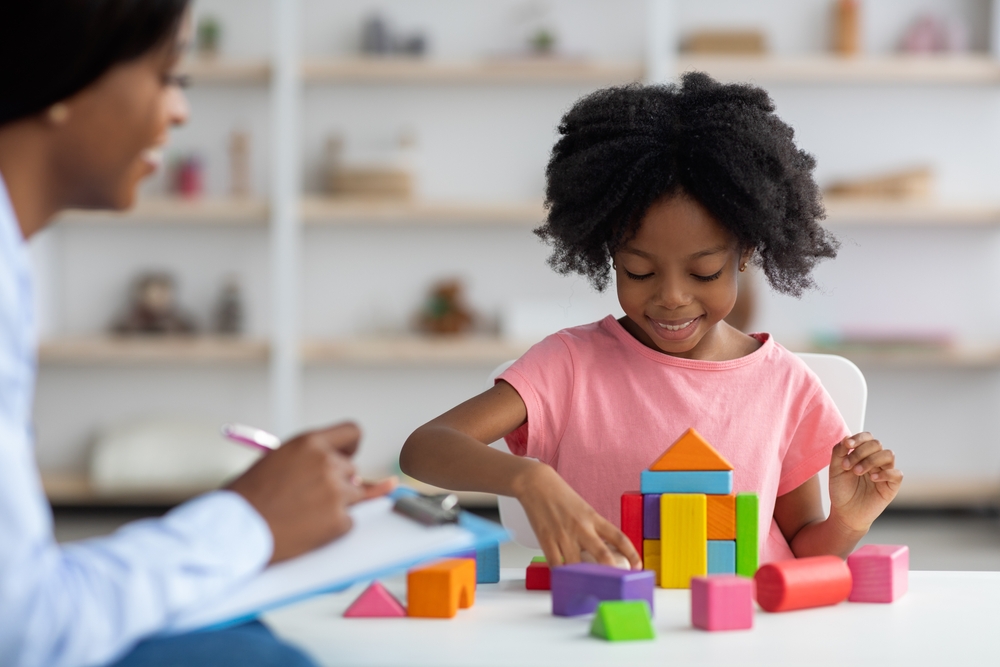Mental health encompasses one’s emotional, psychological, and social wellbeing, and is an essential element of overall health. The Centers for Disease Control and Prevention (CDC) explain that “mental disorders among children are described as serious changes in the way children typically learn, behave, or handle their emotions, causing distress and problems getting through the day.” Combination therapy, also known as multimodality therapy or multimodality treatment, is defined by the National Cancer Institute as “therapy that combines more than one method of treatment” to treat a child’s mental health condition. Every young person is different and will benefit most from a customized mental health treatment plan that is reflective of his or her distinct needs. It highly common for adolescent mental health treatment plans to include an amalgamation of treatment approaches.
Psychotherapy & Medication
There are many different forms of psychotherapy that are used to treat child and adolescent psychiatric disorders such as, cognitive behavioral therapy (CBT), dialectical behavior therapy (DBT), family therapy, group therapy, interpersonal therapy (IPT), mentalization-based therapy, parent-child interaction therapy (PCIT), play therapy, psychodynamic psychotherapy. Some young people may benefit from holistic therapy (e.g., mind-body therapy, somatic therapy, spiritual therapy, etc.) which are often rooted in mindfulness and bodywork practices, to help young people better understand their symptoms. It is also not uncommon for medication to be incorporated into one’s treatment plan in conjunction with psychotherapy.
There are different pharmacological treatment options for children with mental health disorders. As is true with any medical intervention, there are certain risks and possible unwanted side effects. The specific risks will vary from child to child, as they will depend on several contributing factors (e.g., the young person’s health history, the presence of any additional mental health ailments, substance abuse issues, genetics, etc.). Still, when properly prescribed and taken exactly as directed, certain medications can be incredibly effective in reducing unwanted symptoms and improve daily functioning of adolescents. To further improve a child’s overall health and wellbeing, treatment plans may also focus on refining daily habits (e.g., exercising regularly, developing healthy sleeping habits, eating nutritiously, etc.). Combination therapy aims to address the multiple factors that contribute to a child’s mental health challenges and provide comprehensive, individualized care.
Further Information and Support
For most of us, life can be very stressful, leading us to feel emotionally charged, which can cause anxiety, panic attacks, depression, and getting stuck in a cycle of being burdened with negative thoughts. Navigating through the challenges and emotional turmoil of life can be overwhelming, but you do not have to go through it alone. Engage Treatment is a Joint Commission Accredited professional psychological practice. We specialize in treating children, teens, and young adults struggling with depression and anxiety through community-focused treatment plans that incorporate a carefully selected combination of therapeutic interventions. Our compassionate, multidisciplinary practitioners are devoted to providing the highest quality of care that helps ignite positive change and enables clients to reach optimal health and well-being. Please do not hesitate to reach out for guidance. We are happy to answer questions and provide you with any additional information. Feel free to call us at 805-497-0605 or email us at [email protected]. You are also welcomed to get in touch by filling out our contact form. We look forward to connecting and having the opportunity to discuss how we might best be able to support you.

